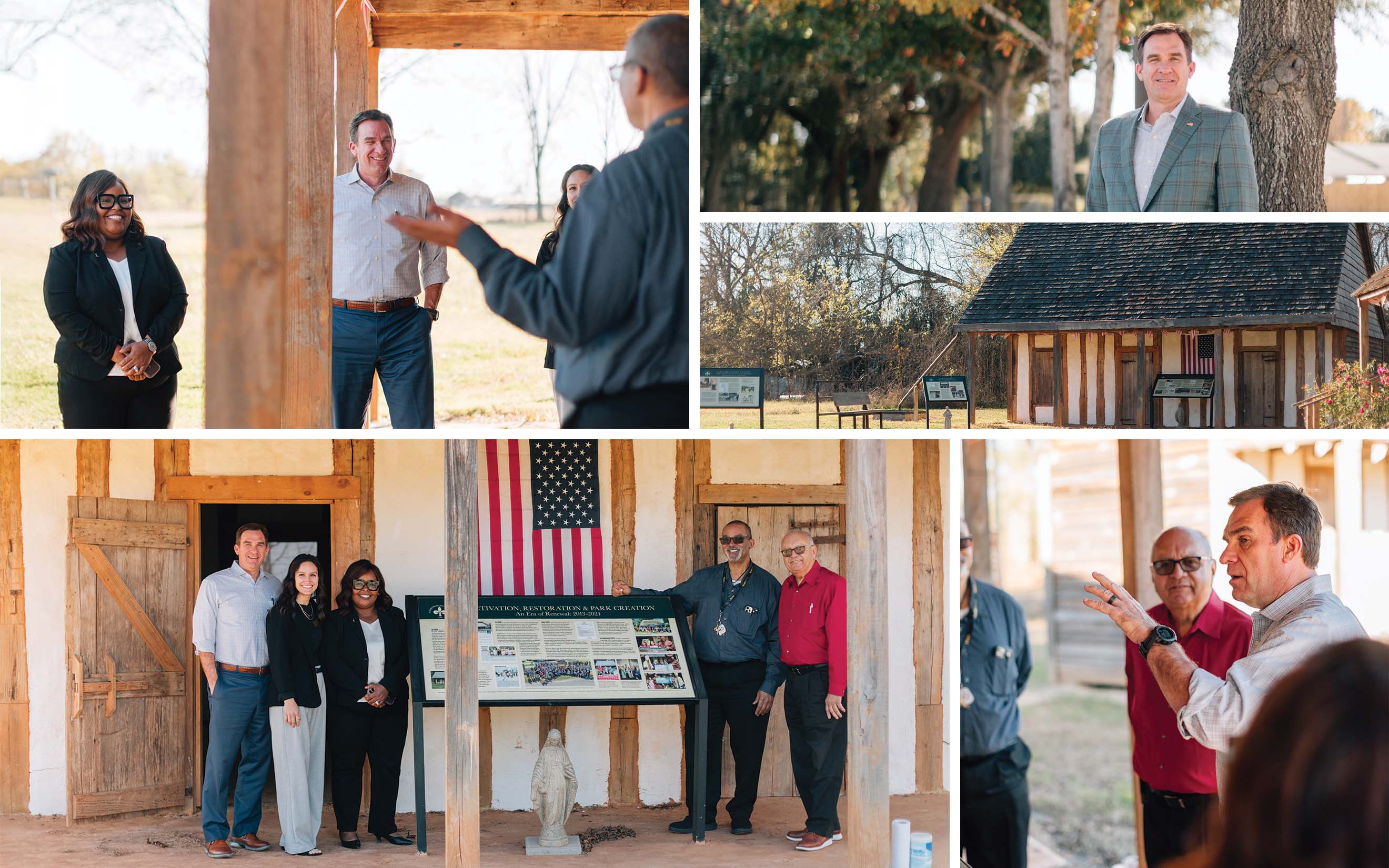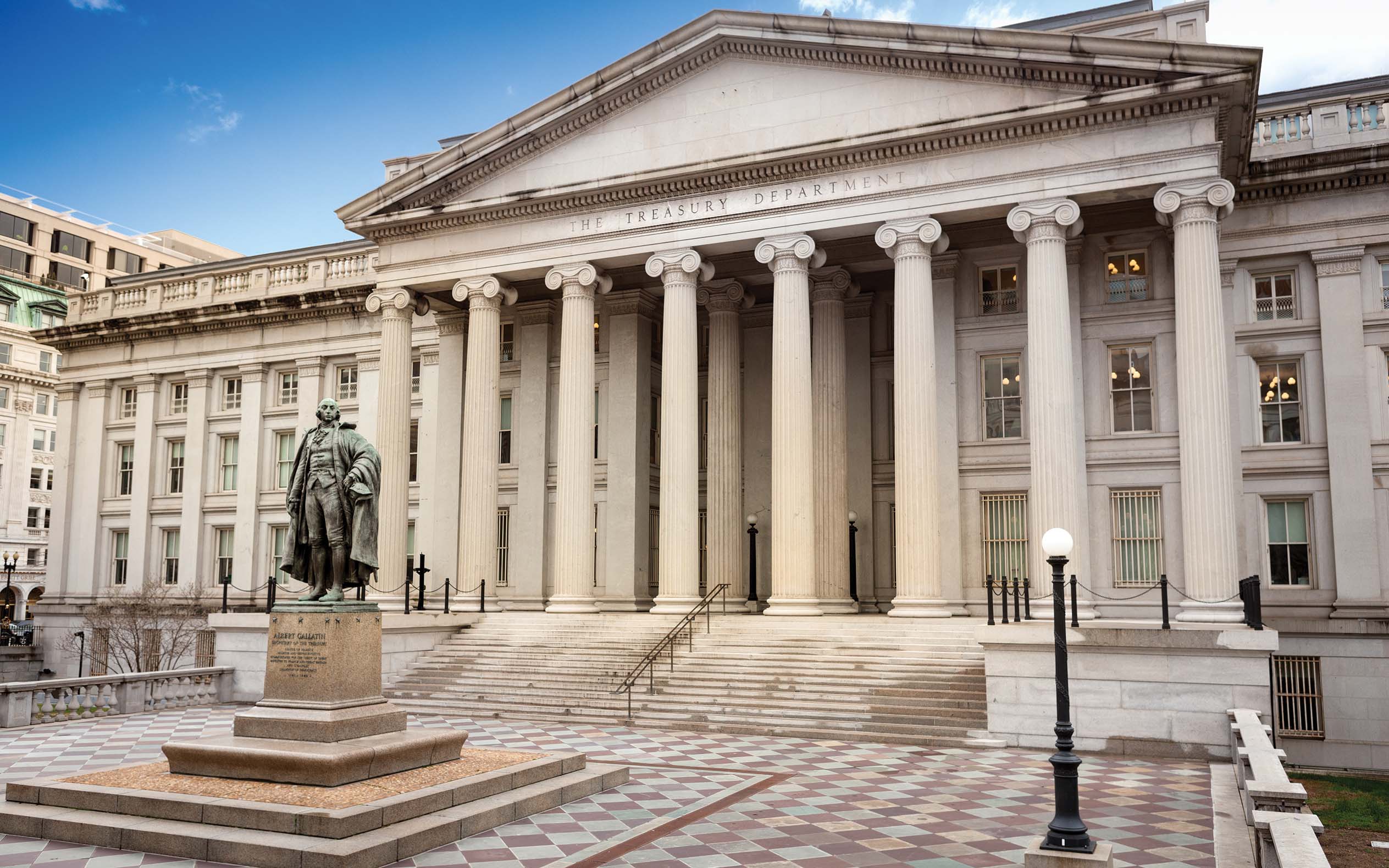Going to Washington, writing letters and sharing our stories are our only opportunities to affect the rules we operate under. If we don’t tell our story, no one else will.
Lucas White: Tenacity for the Regulatory Win
September 11, 2024 / By Lucas White
Going to Washington, writing letters and sharing our stories are our only opportunities to affect the rules we operate under. If we don’t tell our story, no one else will.
When I’m asked about necessary skill sets for community banking, I talk about problem-solving and a passion for helping people. But when people question what it takes to be a community bank leader, a single word comes to mind: tenacity—which is just a nice way of saying stubborn.
We have to be stubborn to stick to our values in today’s environment. We have to be too stubborn to quit, even when credit unions or Farm Credit use their tax advantages to undercut us on deals, or when unregulated institutions are allowed to offer the exact same services we provide.
But just imagine for one minute what it would be like to function in a fairer environment, one with tiered regulation that better supported us as individual banks serving individual communities. It would allow us to be more creative to help our customers. We wouldn’t have to check the proverbial regulatory box on every loan or business relationship. We would have flexibility to be nimbler in the products and services we provide—and we’d thrive.
Because regulation has unintended consequences. For example, at my bank, the Qualified Mortgage Rule drastically affected our business. If you look back on our loans historically, you’d see we used to have about 30% of our portfolio as consumer in-house mortgage loans. Now, that’s at 11%. Why? We used to be more apt to take a co-signer or require more collateral to make the loan work, but now, if we can’t get a loan to fit according to the standardized matrix, we won’t do it. We won’t make a loan that doesn’t count as a qualified mortgage, so we’re limited in our options.
Ultimately, that only hurts the customer. They are looking for their bank to be a partner in their dreams, and we can’t always deliver on that vision. That just means they may be forced to seek riskier loans elsewhere, which benefits no one.
That’s why fighting for a fair playing field is every community banker’s responsibility. Going to Washington, writing letters and sharing our stories are our only opportunities to affect the rules we operate under. If we don’t tell our story, no one else will.
So, this fall, I encourage you to put your tenacity in motion. Let your legislators know exactly how regulation needs to change and what the unintended consequences of more regulation will be. Don’t take no for an answer. Fortunately, that shouldn’t be a problem, because you wouldn’t be a community bank leader if you weren’t already stubborn.
My Top 3
Best experiences in the fall:
Drinking apple cider
Breathing in crisp morning air
Seeing harvest all around me (and cutting wood without the threat of poison oak and ivy)
Subscribe now
Sign up for the Independent Banker newsletter to receive twice-monthly emails about new issues and must-read content you might have missed.
Sponsored Content
Featured Webinars
Join ICBA Community
Interested in discussing this and other topics? Network with and learn from your peers with the app designed for community bankers.
Subscribe Today
Sign up for Independent Banker eNews to receive twice-monthly emails that alert you when a new issue drops and highlight must-read content you might have missed.
News Watch Today

Join the Conversation with ICBA Community
ICBA Community is an online platform led by community bankers to foster connections, collaborations, and discussions on industry news, best practices, and regulations, while promoting networking, mentorship, and member feedback to guide future initiatives.












